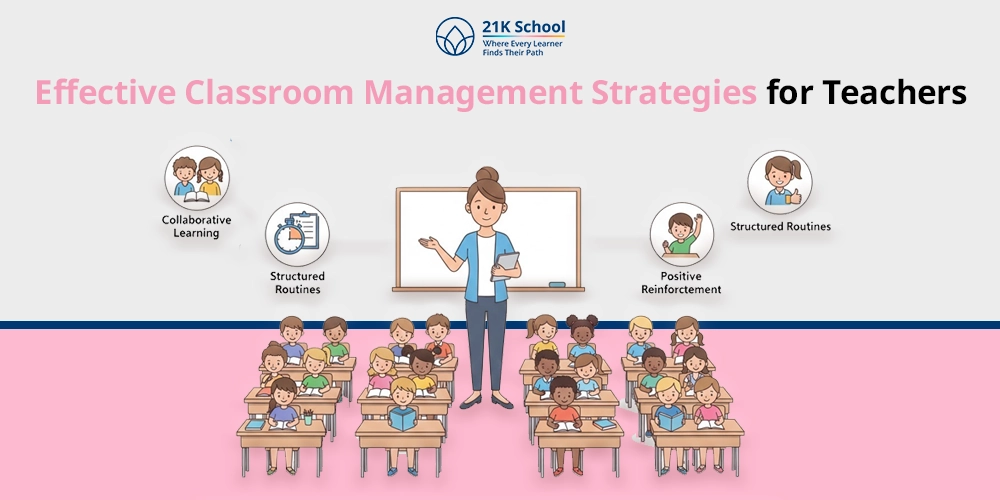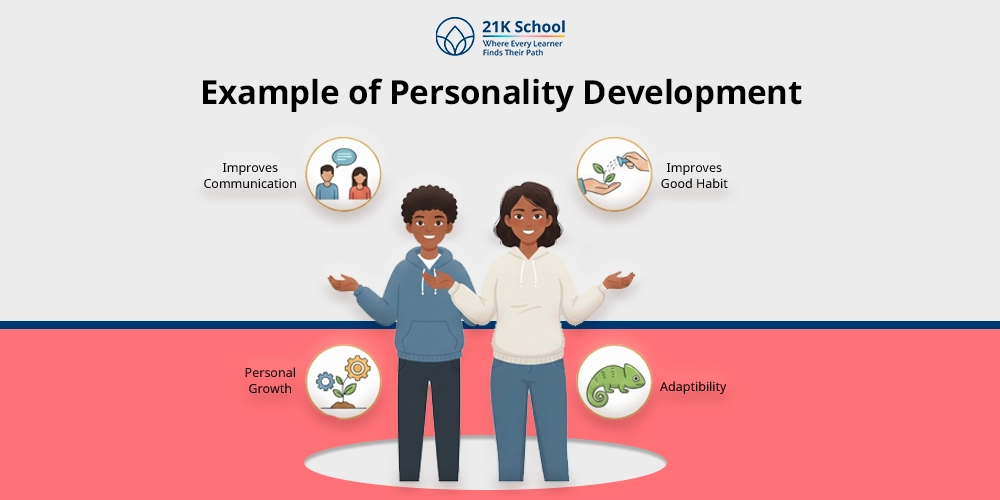
Language is an essential part of communication for every individual. Whether a kid learning in preschool or a young student in his board exam, language is a powerful tool of connection.
It not only helps learners to connect with facilitators and peers but also in personal life with parents, friends and relatives.
But in this growing world where competition is at the top, the benefits of speaking more than one language are not rare skill to acquire. It is a necessity one must have.
With achieving good marks in academic performance and exploring fun learning activities in the playground, students’ careers also need the benefits of learning a new language.
Here we will explore the top 15 benefits of learning a new language in detail.
Contents
- 1 Why Is Learning a Second Language Important?
- 2 15 Benefits of Learning a New Language
- 2.1 1. Cognitive Benefits of Learning a New Language
- 2.2 2. Academic and Career Benefits of Learning a New Language
- 2.3 3. Social and Cultural Benefits of Learning a New Language
- 2.4 4. Personal Development Benefits of Learning a New Language
- 2.5 5. Emotional and Psychological Benefits of Learning a New Language
- 3 Conclusion
Why Is Learning a Second Language Important?
In this competitive world learning a second language is a useful skill for any age group. It not only helps in connecting with people from other countries but also understanding their emotions.
There are many benefits of being bilingual or multilingual such as memory retention, simulation, boosting creativity and becoming confident in front of others.
15 Benefits of Learning a New Language
Learning a new language offers countless benefits and opportunities for learners’ future education .
Let’s deep dive into sub categories in detail:
1. Cognitive Benefits of Learning a New Language
1.1 Improves Memory and Concentration
- By learning a new language an individual can improve memory and concentration. Learn how to concentrate on studies .
- The brain mainly works to memorise grammar, vocabulary and various sentences while learning a new language.
- It is a kind of brain exercise that empowers retention of memory and helps focusing on diverse areas.
1.2 Enhances Problem-Solving and Critical Thinking
- Learning comes with various challenges or problems. However, learning a new language offers the opportunity to understand different concepts and use in real life situations.
- It directly enhances problem-solving skills , critical thinking skills and lets learners explore answers out of the box.
1.3 Delays cognitive Decline and Dementia
- One of the benefits of learning a new language or bilingualism is it delays cognitive decline and dementia.
- Practicing or continuous learning a new language builds cognitive reserve in learners . It helps in protecting against serious conditions like Alzheimer’s and dementia.
2. Academic and Career Benefits of Learning a New Language
2.1 Better Academic Performance
- A new language is ideal for the academic and career growth of a learner no matter which grade he or she is in.
- Students perform academically better when they solve problems by analysing more than one language.
- Various skills to reduce exam stress like focus, problem-solving , and memory retention are ideal to compete with peers.
2.2 More Career Opportunities
- To get desired career opportunities kids in their learning age can explore different languages to avail academic growth benefits. Also, discover the benefits of learning a foreign language .
- Many learners have the goal to study abroad to get employment and better job options.
- From science to commerce each stream students benefit by learning a new language.
2.3 Competitive Advantage in the Global Job Market
- In the 21st century, learners adding one more skill in their resume ensures new job opportunities.
- For example, learning foreign language can help in connecting International clients effectively.
- From business, tourism, to translation, everything becomes easy with learning a new language. It directly connects learners for global collaboration.
3. Social and Cultural Benefits of Learning a New Language
3.1 Builds Cross-Cultural Understanding and Tolerance
- Languages are inter-connected with culture and learning new languages connect individuals with different traditions, histories, and values.
- Cultural knowledge is ideal for learners to explore, understand and respect each other’s traditions by showing empathy and acceptance for diverse perspectives.
3.2 Improves Communication and Confidence
- Improvement in communication skills and confidence in the learner is the advantage of learning a new language.
- This way learners feel stronger, competitive and ready to conquer both academic and personal life.
- It also helps in dealing with challenges related to peer collaboration and interaction.
3.3 Helps in Travel and Exploring New Cultures
- Learning a new language is not limited to educational benefits or improving communication skills . It is also important to explore and travel.
- Understanding a new culture, different religion or country environment requires language proficiency.
- Individuals with multiple language proficiency can travel freely in local areas small to big cities and feel an authentic cultural experience without challenges.
4. Personal Development Benefits of Learning a New Language
4.1 Boosts Creativity and Adaptability
- Language helps learners to think in a different, unique and out of the box way. It is due to the uniqueness of each language which lets the brain adapt to flexible thinking.
- It also helps in improving creative thinking skills , art and craft writing and many more. Learners can understand and adapt via new language.
4.2 Enhances Multitasking Skills
- Switching from one language to another as a bilingual trains the brain for multitasking work.
- For example, managing everyday personal tasks, classroom learning and skills like practicing new languages.
4.3 Increases Self-Discipline and Perseverance
- Learning a new language is not a simple task; it requires patience and practice to become proficient.
- And with time it helps to increase self-discipline and perseverance in learners.
5. Emotional and Psychological Benefits of Learning a New Language
5.1 Reduces Stress through Brain Stimulation
- Many learners are amazed to know that learning a new language helps them to reduce their stress and anxiety.
- Instead of continuously learning basic course subjects, taking out an hour or two for creative activities like engaging the brain in practicing a new language gives a positive learning environment .
- It stimulates mental energy and boosts the mood of learners.
5.2 Provides a Sense of Achievement
- Adding a new skill in the resume or as a hobby provides a sense of achievement which gives immense satisfaction.
- It not only boosts confidence for learners but also creates curiosity to learn more languages.
5.3 Improves Empathy by Understanding Different Perspectives
- Learning a language is not limited to words or conversation, it carries emotions, values and strength to explore the world in different perspectives.
- It improves empathy by understanding others perspectives and feelings.
Conclusion
Language is no longer limited to a skill, it offers the opportunity to understand others in different ways. Learning a new language is beyond grammar or vocabulary.
It provides a chance to sharpen memory power to boost one’s career to the next level. The importance of language skills is far more than mentioned. Remember, choose the desired language to learn with enjoyment. From learning a regional language or improving your grip on foreign language, everything is important.
Explore the importance of regional language for kids
.



